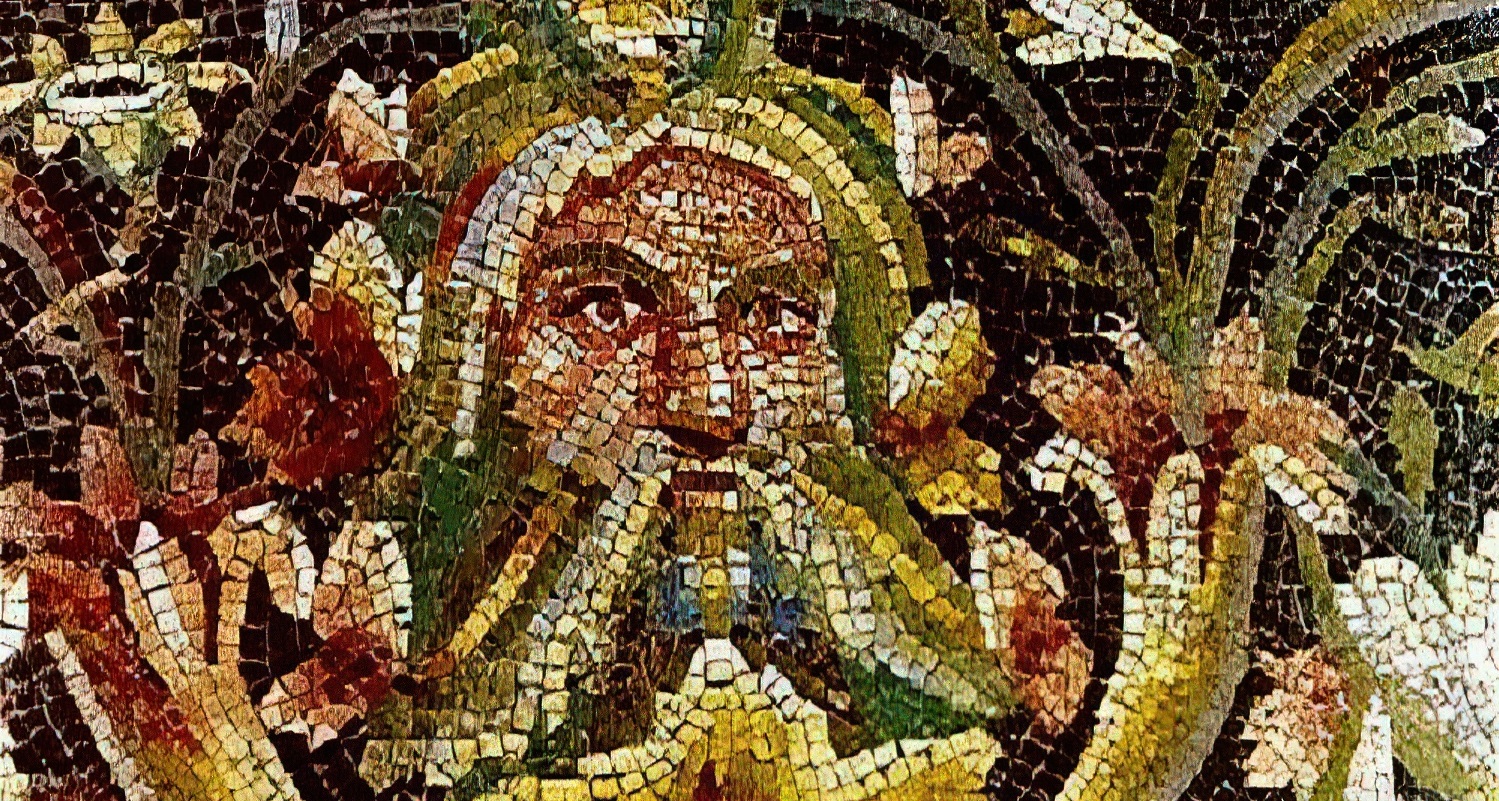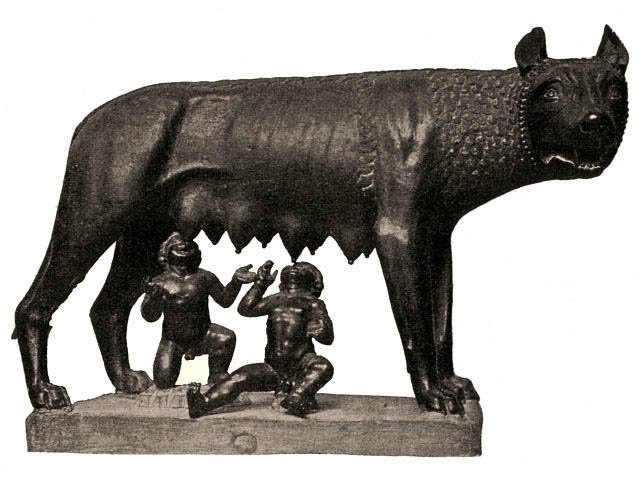

As part of your Higher Classical Studies exam, you will answer questions about Rome in the 1st Century BCE and 1st Century CE. This period was when Rome was at the height of its power: the Roman Empire had reached its largest by 117 CE. During this period, Rome transitioned from a democracy (which lasted until 27 BCE) to a state run by the Emperor. Therefore, you will study a highly dynamic period in Ancient Roman history.
You may choose to study either Power and Freedom or Religion and Belief. This website will focus on Power and Freedom. You will study five aspects of Ancient Roman Power and Freedom: the Roman Republic, Slavery, Women in Rome, the Roman Empire and Revolts within the Empire. You will be asked to answer questions on these aspects of Rome; for more information about question types, visit the Exam Skills section.
You will not be tested on the information in this introduction, however it should allow you to have a more complete understanding of this section of the course.
There isn't a lot of information about early Rome, as historical accounts of the city did not occur until the 3rd century BCE, when Greek scholars began to take notice. However, we do know that Rome began as a relatively powerless self-governing city within Latium, an area in the central west of Rome. Roman culture owed a great debt to the Greeks and the Etruscans.
There were a variety of myths surrounding the founding of Rome. One of the most well-known was propagated by Rome's famous writer Virgil in his epic poem the Aeneid. This poem depicts the struggles of Aeneas, a son of the Greek goddess of love Aphrodite who fought in the Trojan War on the side of the Trojans but made it out alive and led the rest of the Trojan survivors to Italy. Aeneas did not directly found Rome, but he brought the ancestors of the first inhabitants of Rome to Italy, so in this way he was regarded as a key figure in Rome's creation.

The story behind the founding of the city of Rome, the tale of Romulus and Remus, was perhaps the most famous. Romulus and Remus were the sons of Princess Rhea Silvia. Rhea Silvia's father, the king of Alba Longa, had been overthrown by his younger brother, Amulius. Amulius then forced Rhea Silvia to become a Vestal Virgin so that she had to take a vow of chastity and therefore couldn't bear children who might pose a threat to Amulius's authority. However, Rhea Silvia was impregnated by the god of war Mars, and gave birth to Romulus and Remus. Amulius ordered that they be drowned in the River Tiber, but the container they were sent in floated them down the river. They were then found and raised by a she-wolf, an animal sacred to Rome. When they became old enough, they revolted against Amulius and reinstated their grandfather as King of Alba Longa. They then decided to create a city, but argued over where to build it. Romulus decided to start building a wall next to the Palatine hill, but Remus jumped over it so Romulus killed him. Romulus finished building the city by himself and it was named Rome in his honour.

Why might the Romans have liked having a link both to strength and violence (through Romulus and Remus) and to love and the arts (through Aeneas)?
Roman democracy began when the Roman Republic was founded in 509 BCE, after the last Etruscan King who ruled over Rome was overthrown. While the Romans were influenced a great deal by Ancient Greek philosophy and culture, Roman democracy differed wildly from Athenian democracy. One of the major differences was that the Ancient Athenians practiced direct democracy - citizens directly voted on matters that affected them - whereas the Romans chose a system more similar to representative democracy - citizens voted to elect representatives who would deal with national matters on the citizens' behalf. Note that modern democracies such as those of the United Kingdom and the United States are representative democracies.
Roman democracy officially came to an end in 44 BCE at the hands of Julius Caesar. Caesar put himself on the radar as a powerful, young politician when he conquered Gaul in 50 BCE. His triumph made him very wealthy, and his troops were loyal directly to Caesar, not to the Republic or anyone else. These facts made many members of the Roman Senate wary, and they eventually decided to command Caesar to give up control of the army and return to Rome. However, Caesar refused, attacking Rome and defeating his major political rival, Pompey. After emerging victorious Caesar pronounced himself dictator for life in 44 BCE. This put power over Rome solely in Caesar's hands, effectively ending democracy. However, Caesar himself never officially became Emperor: his rule lasted less than one year before he was assassinated by political rivals. Power was then thrust into the hands of Caesar's nephew Octavian who eventually became Emperor Augustus, 1st Emperor of Rome.
The term "Empire" can be a little confusing when used in the context of Ancient Rome. This is because there are two ways in which an Empire is commonly defined. An Empire can be used to describe a state that has a number of colonies that it rules over. Examples of these include the British Empire and the Athenian Empire (known as the Delian League). However, "Empire" can also describe a nation run by one man, the Emperor.
It is important to draw a distinction between these two definitions because they apply to Rome differently. Rome could be described as having its own colonies as early as 396 BCE, when Rome captured the Italian city Veii. Rome gained its first province in 227 BCE, when it annexed Sicily. However, at this point Rome was still a Republic; it was still ruled by the people. In fact, Rome only officially became ruled by an Emperor in 27 BCE, when Emperor Augustus assumed power. Therefore, in this unit you must always be clear about what the term "Empire" is referring to.
How would you have described Rome (in terms of Empire) in the 5th Century BCE?
How would you have described Rome (in terms of Empire) in 200 BCE?
How would you have described Rome (in terms of Empire) in 10 CE?